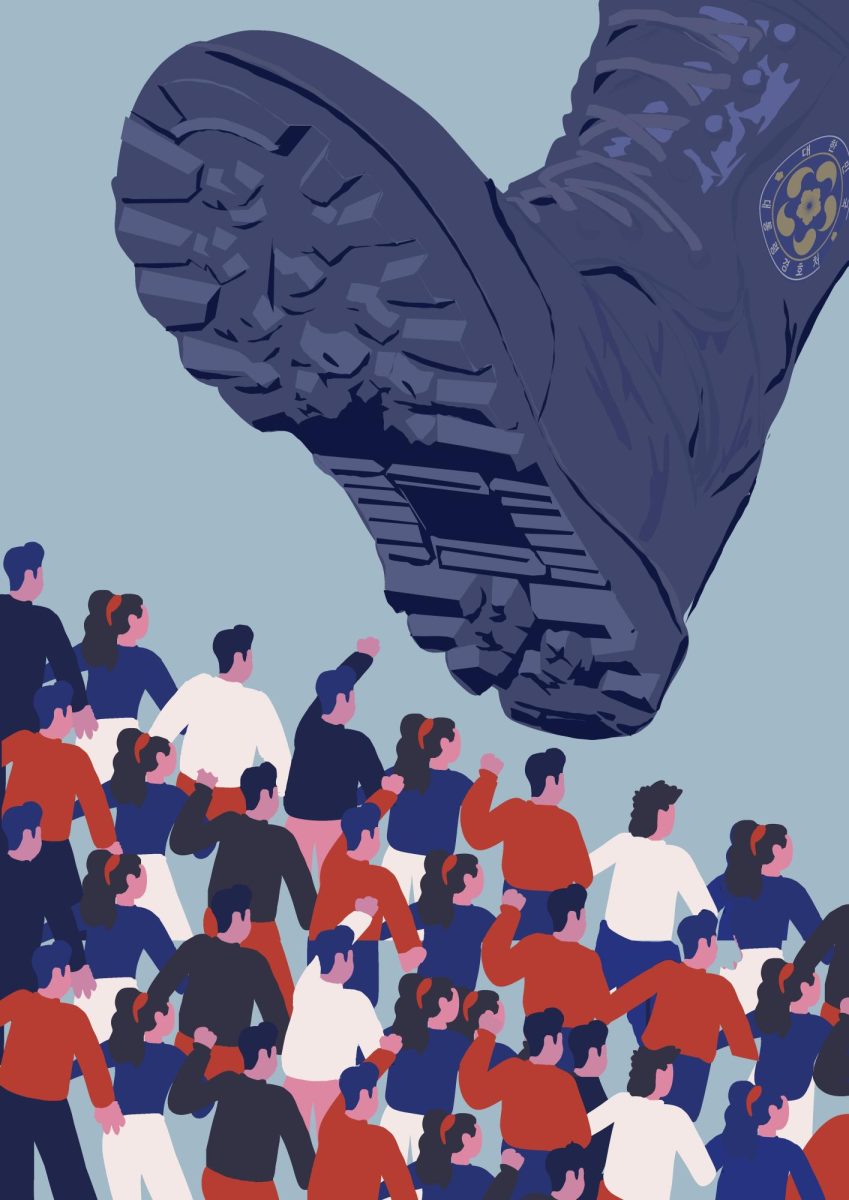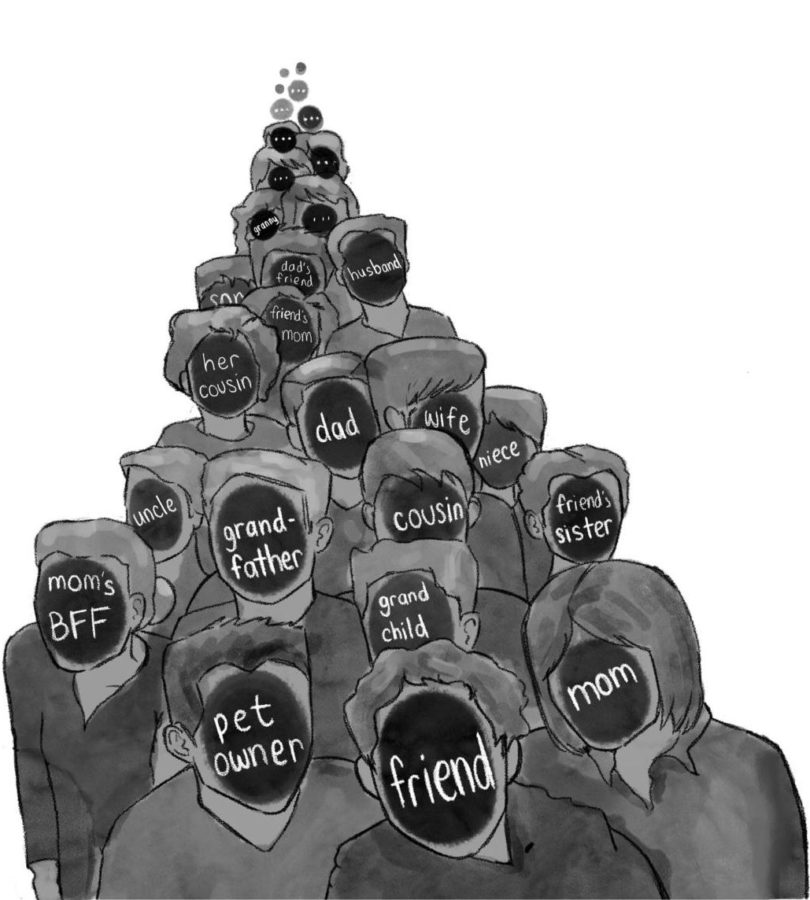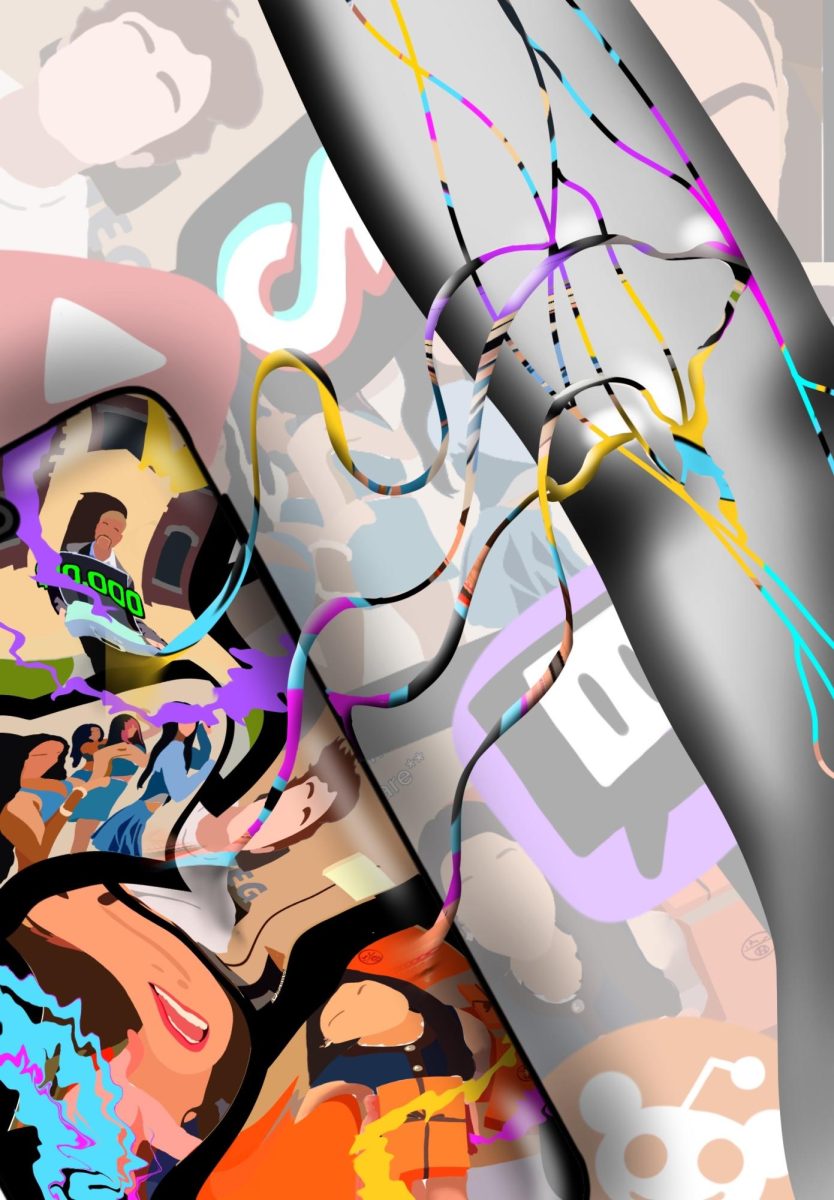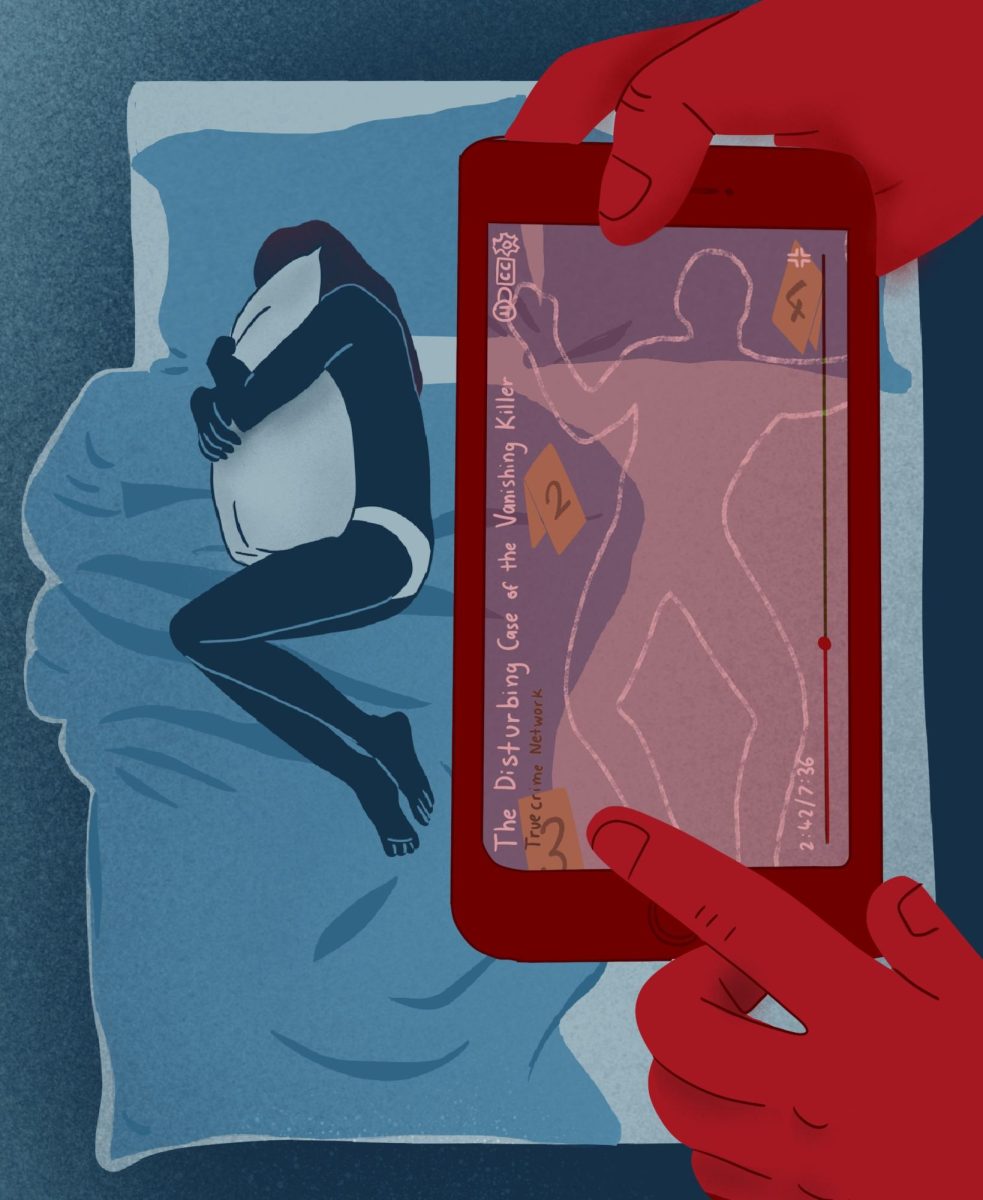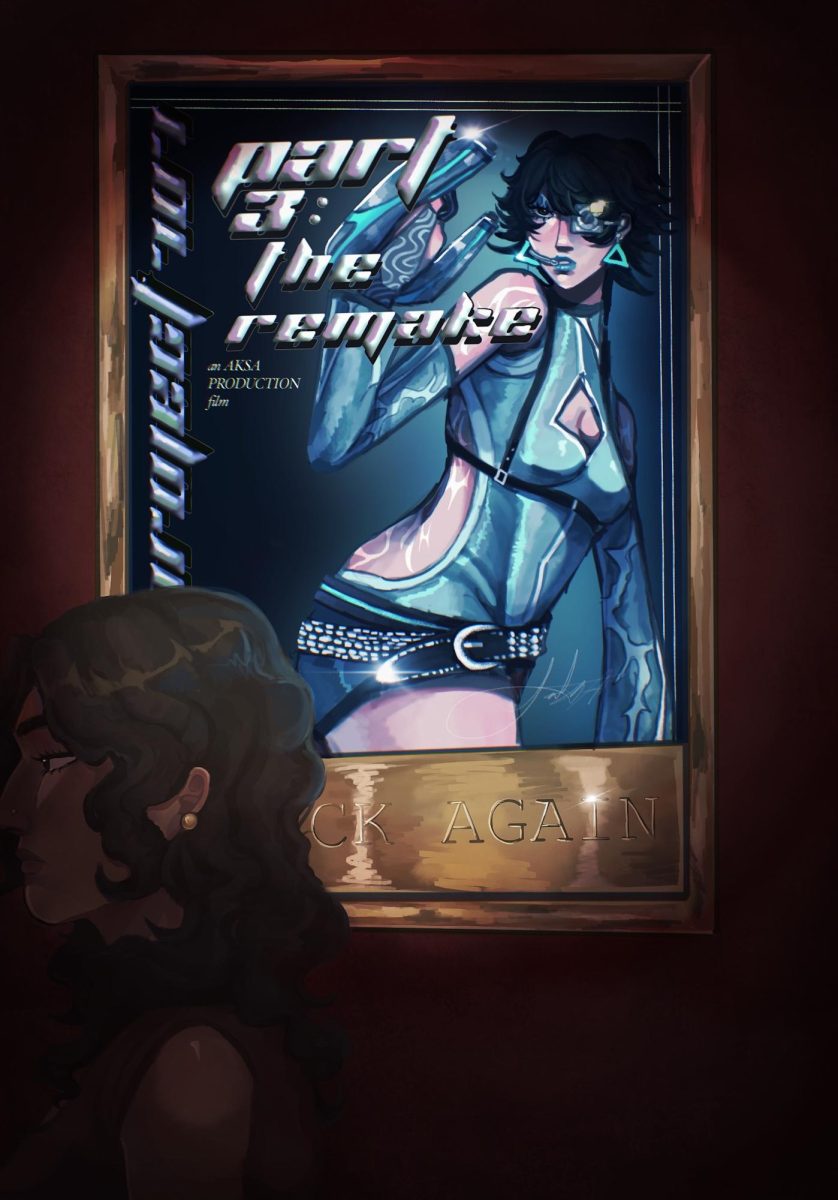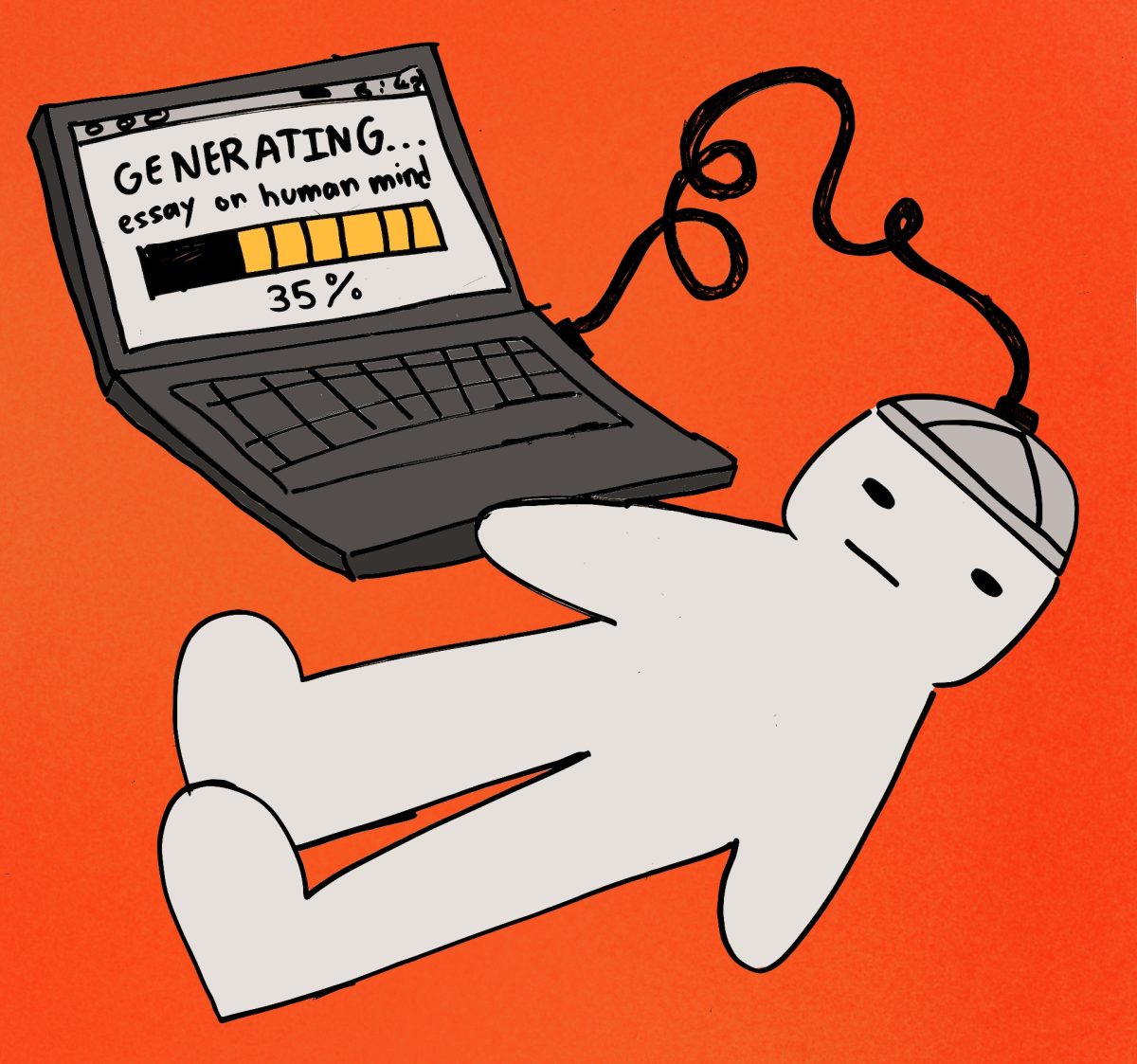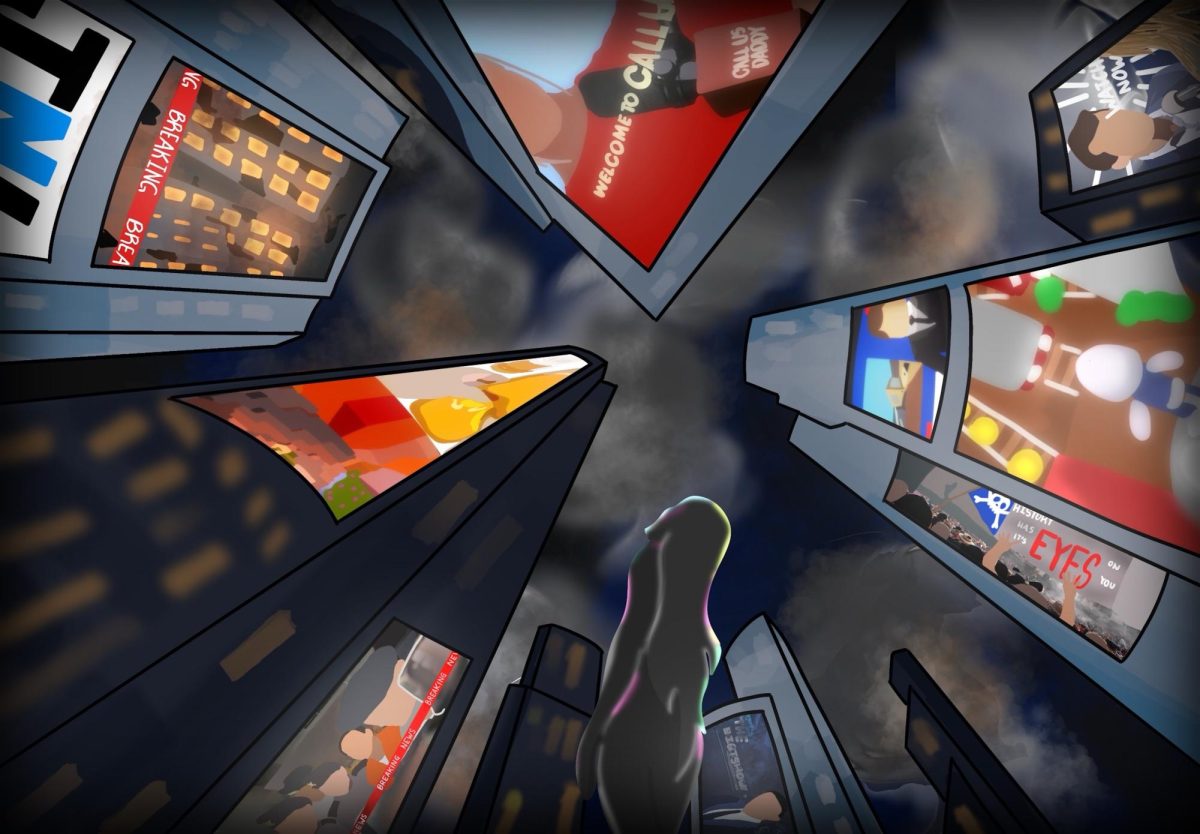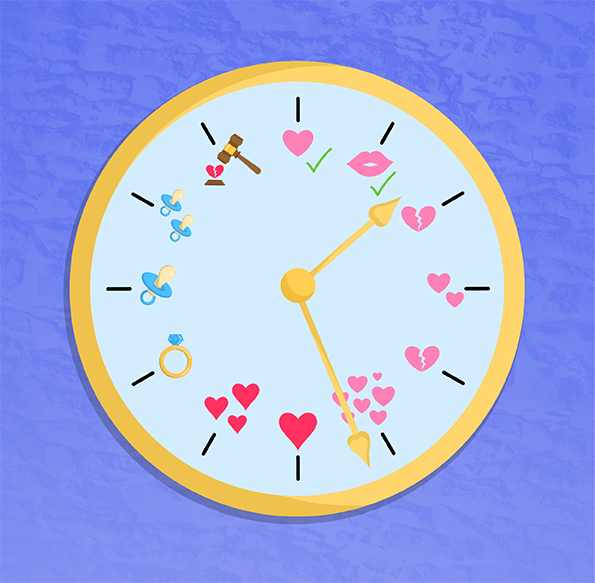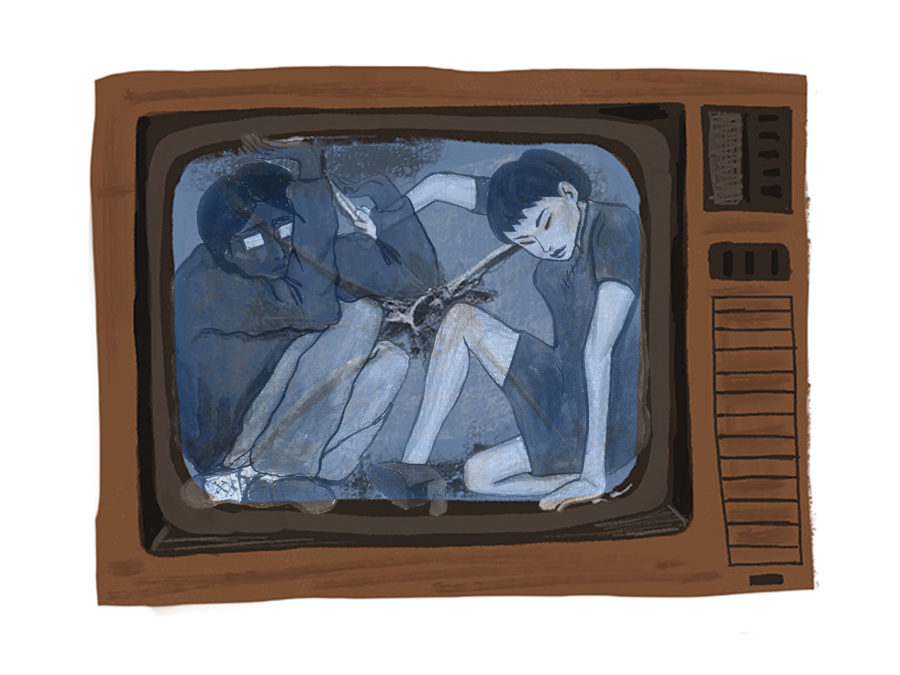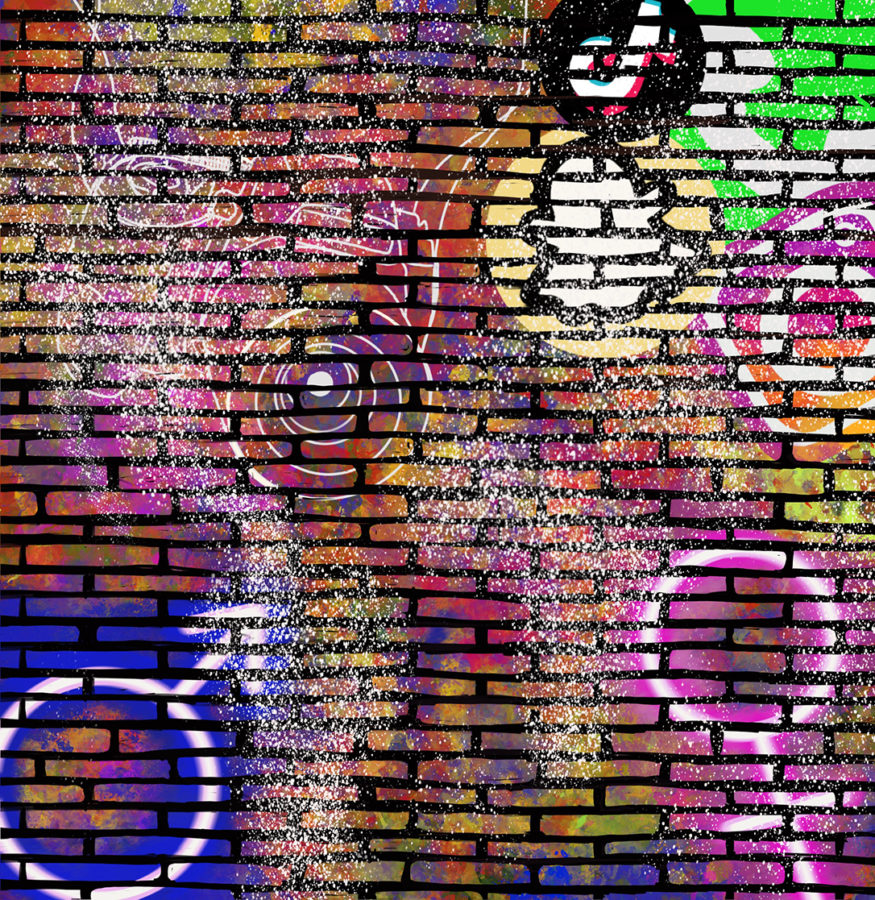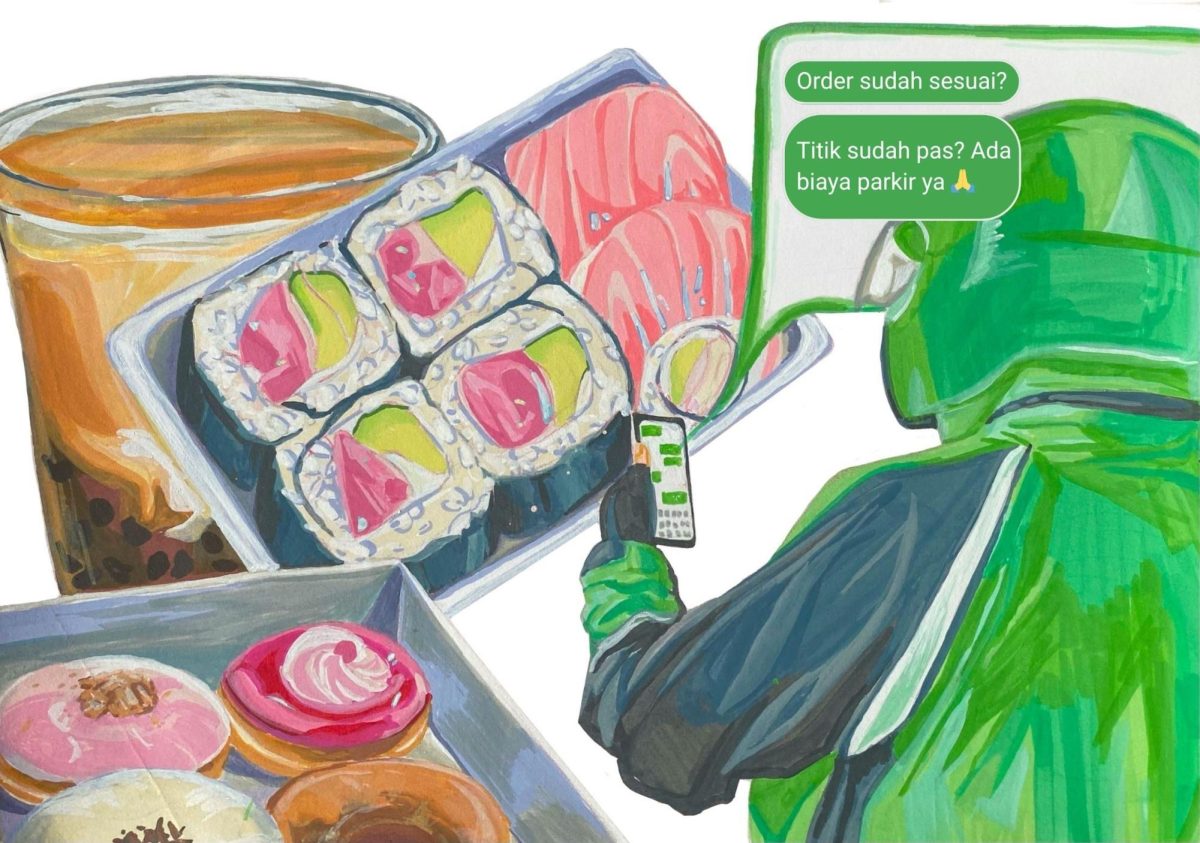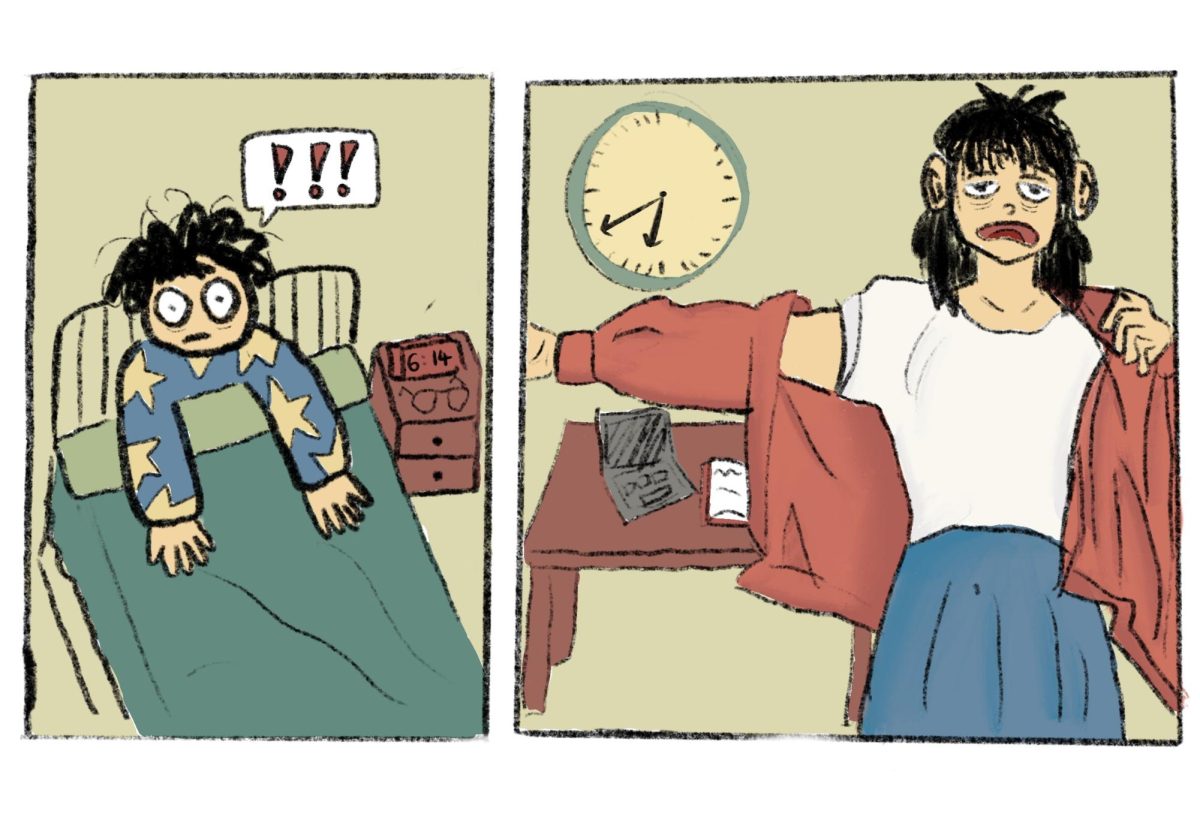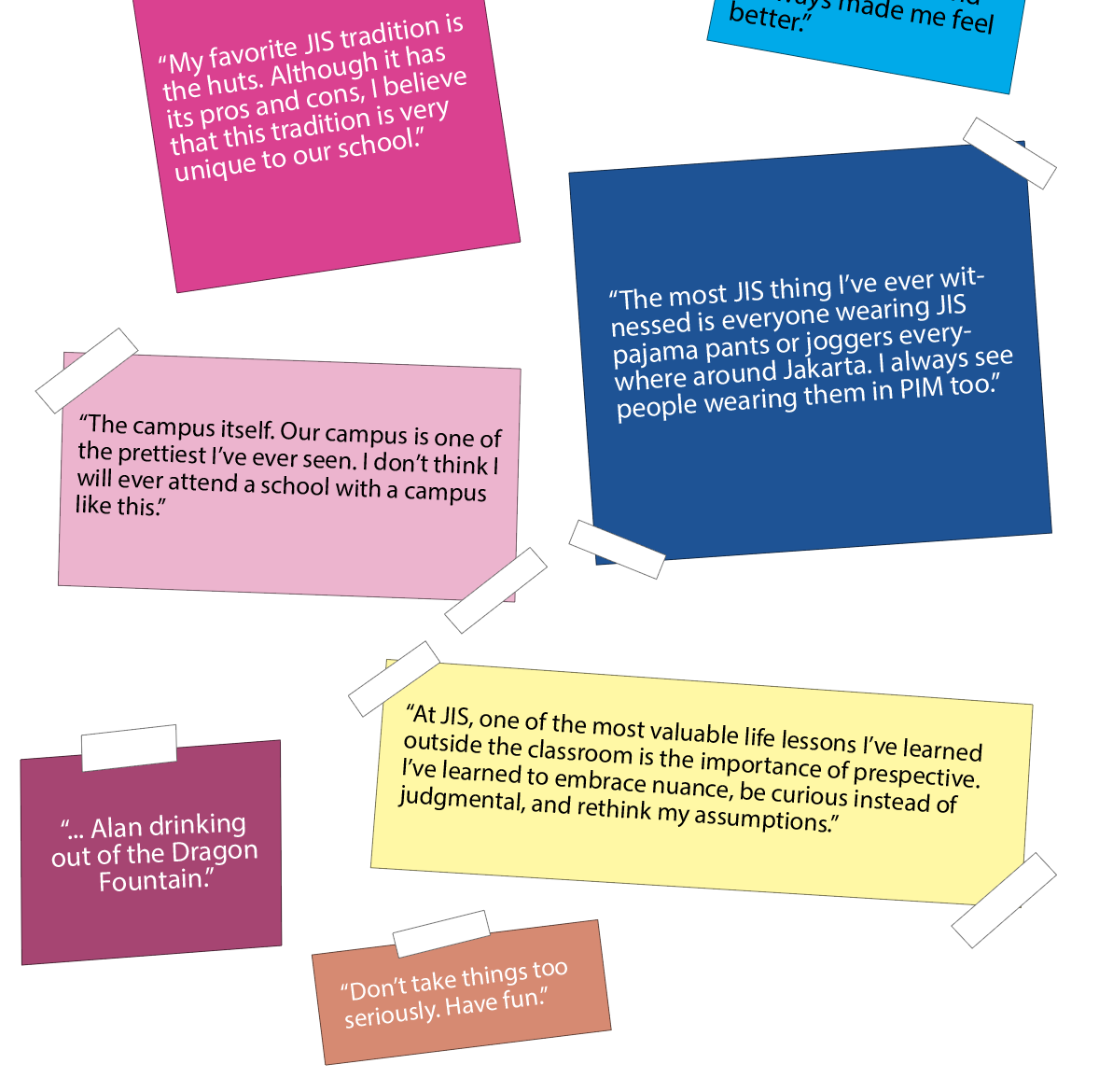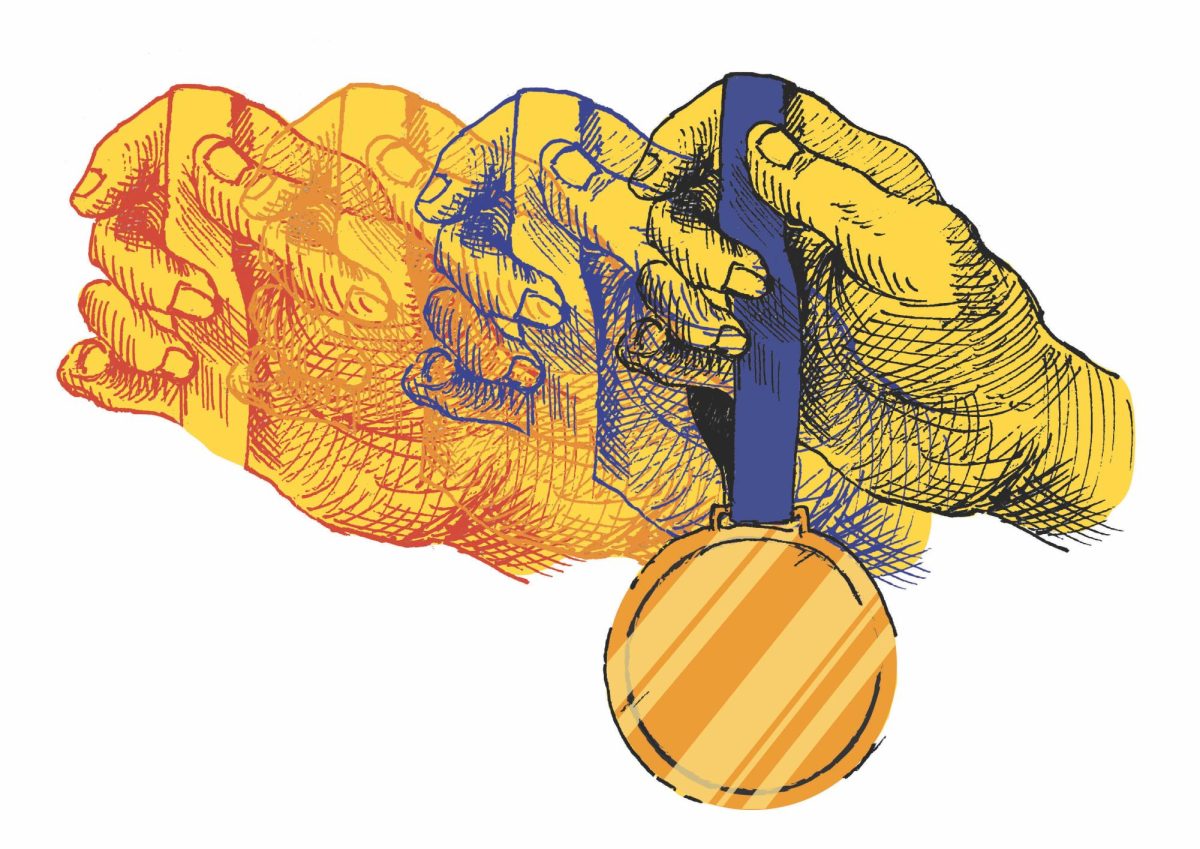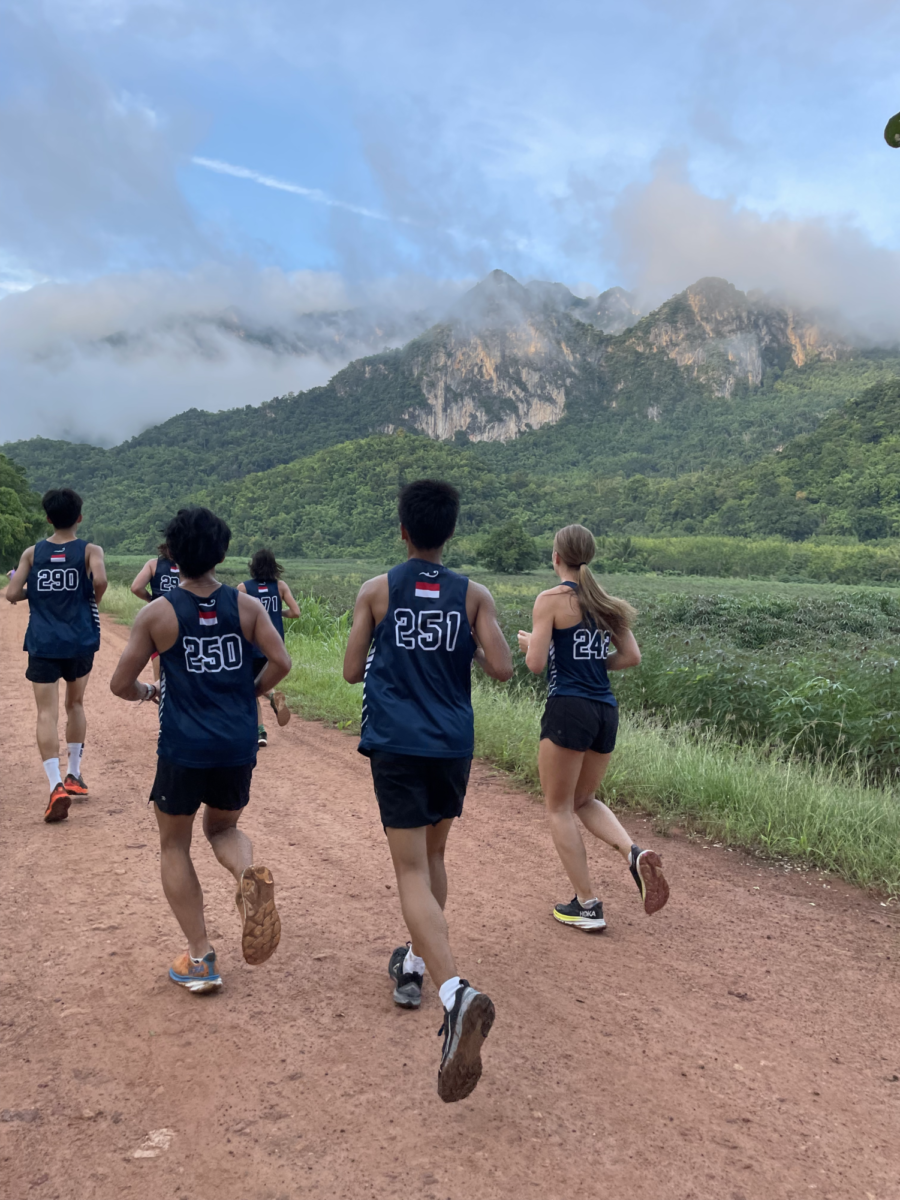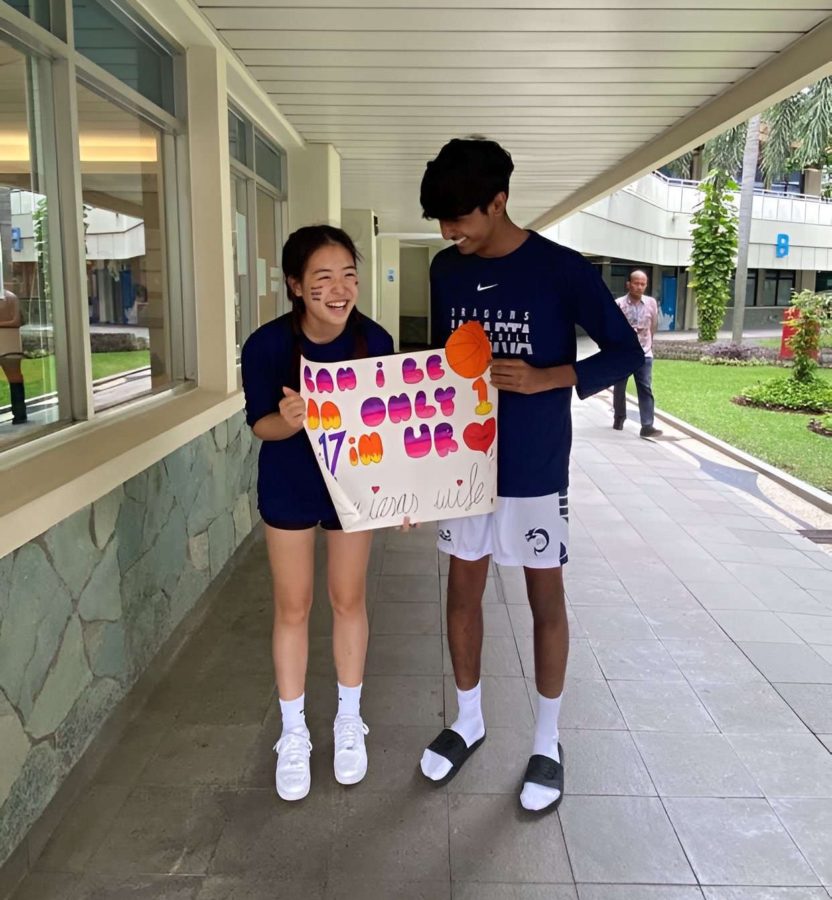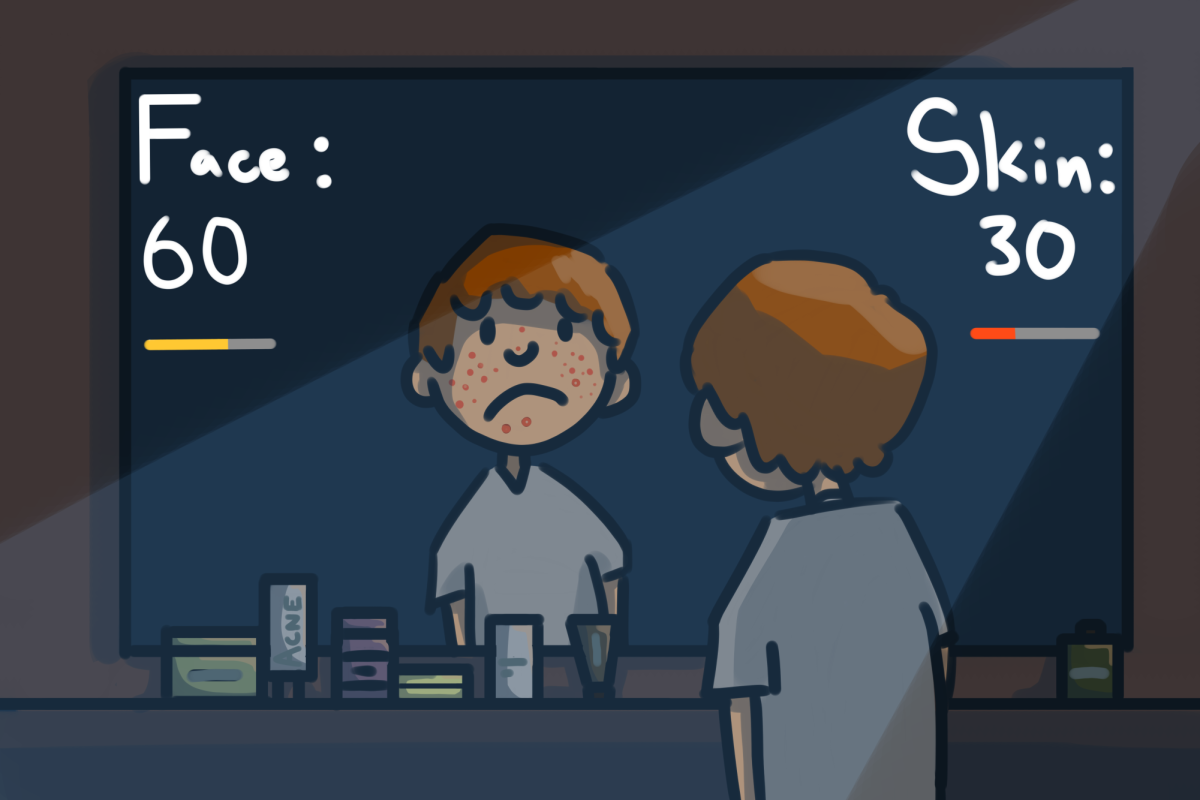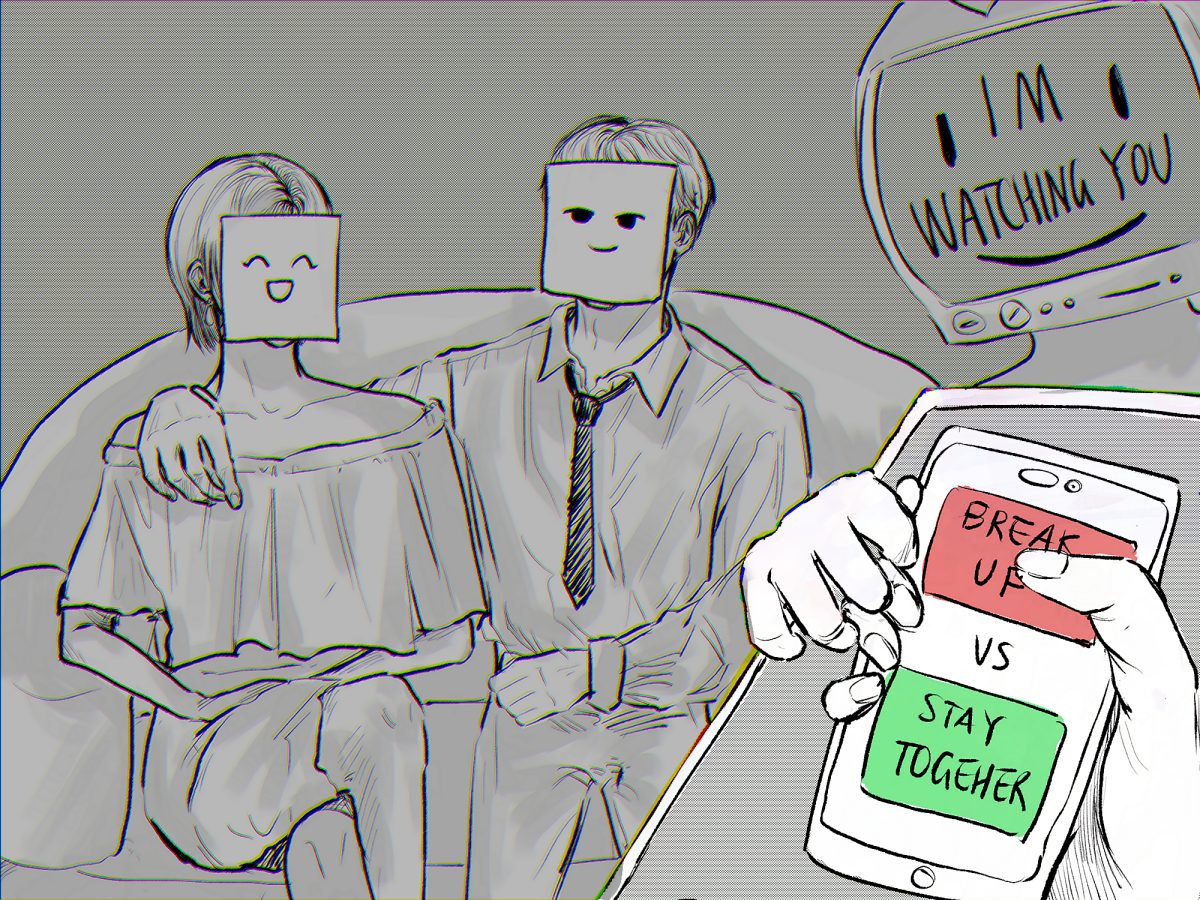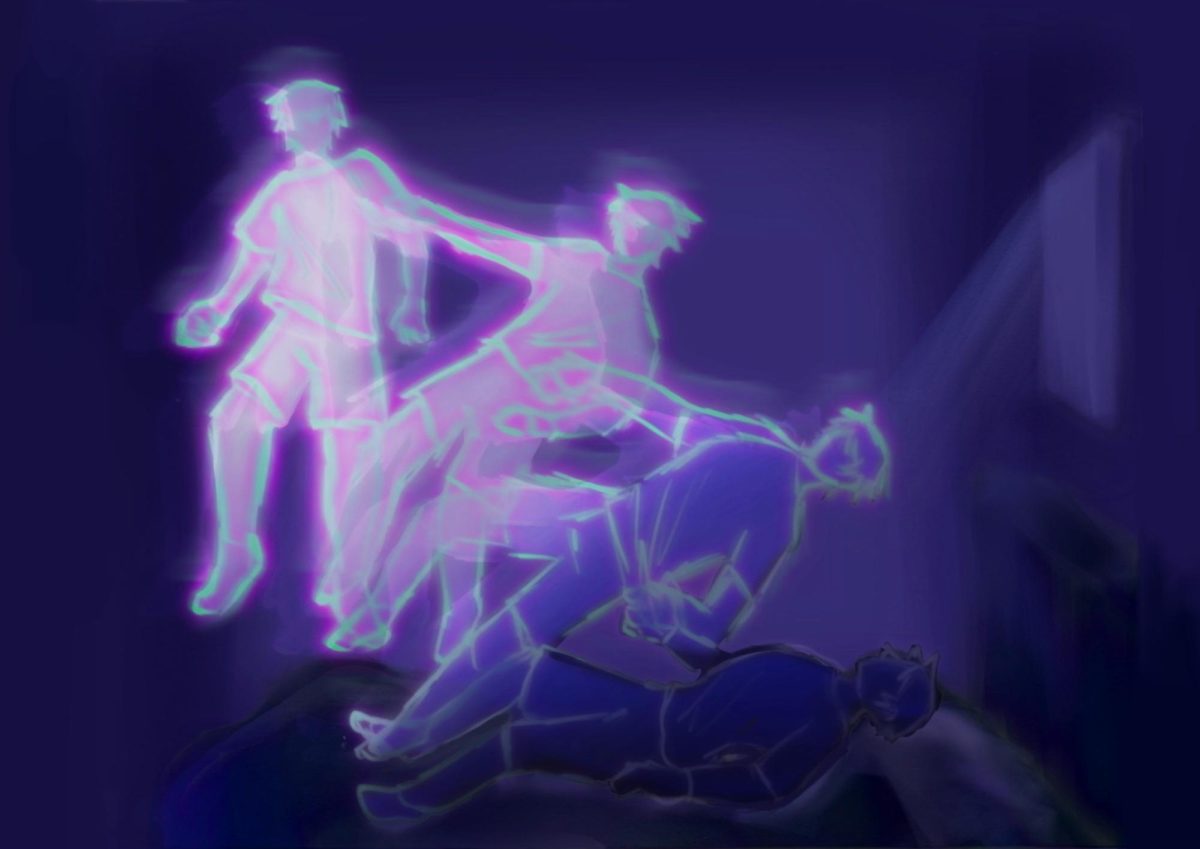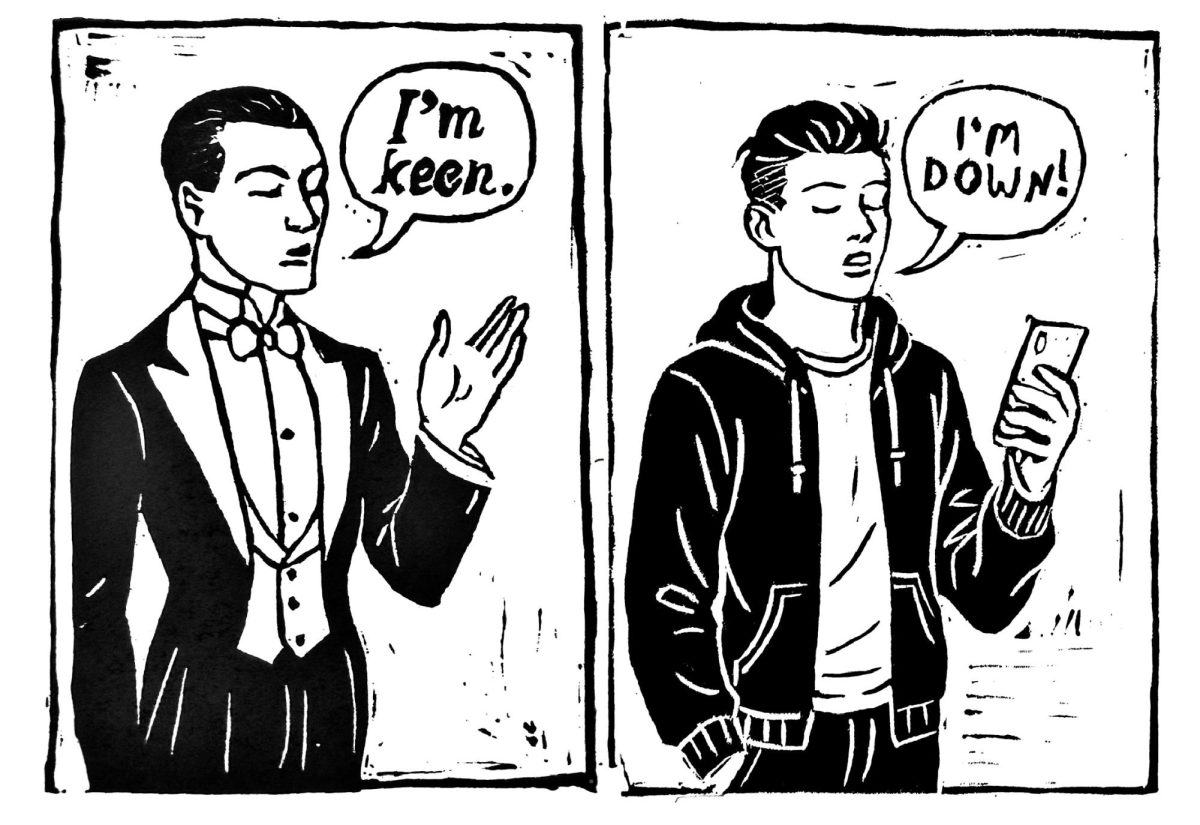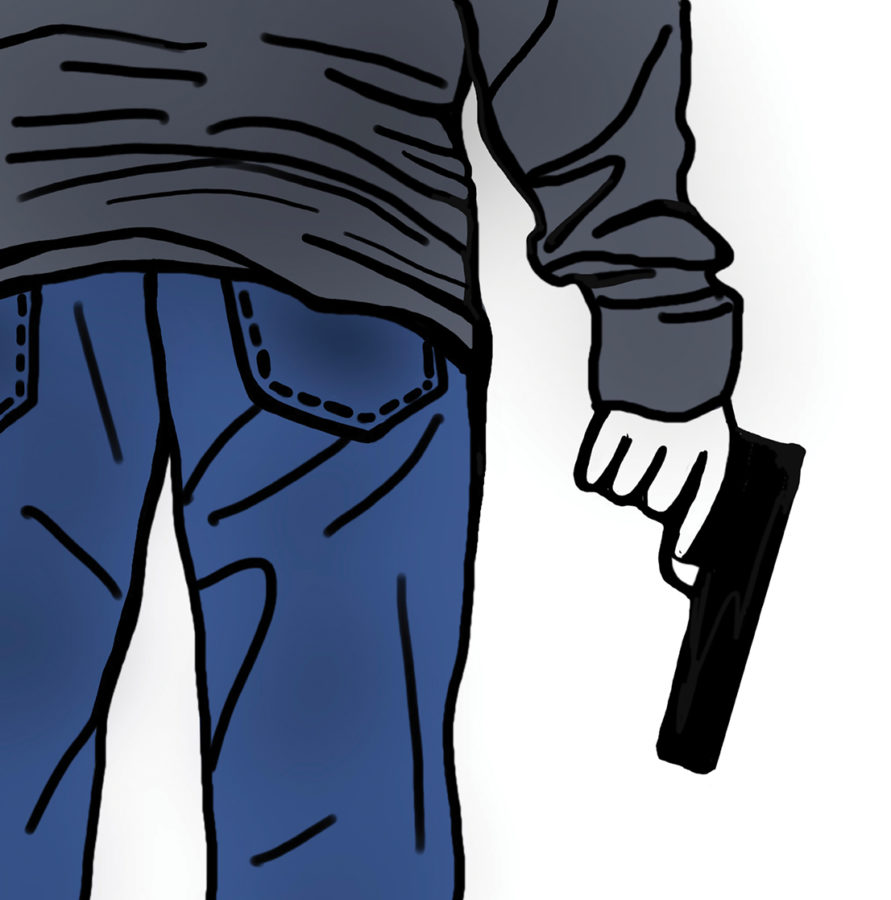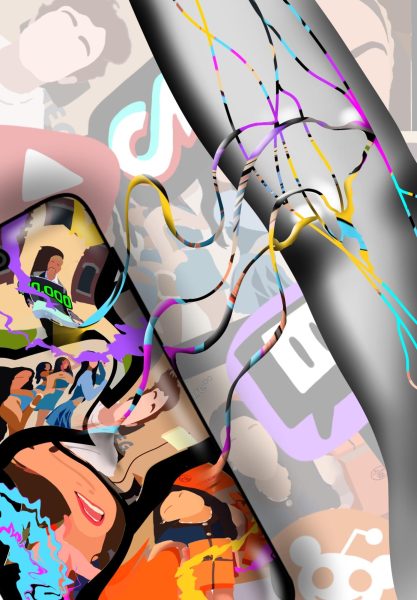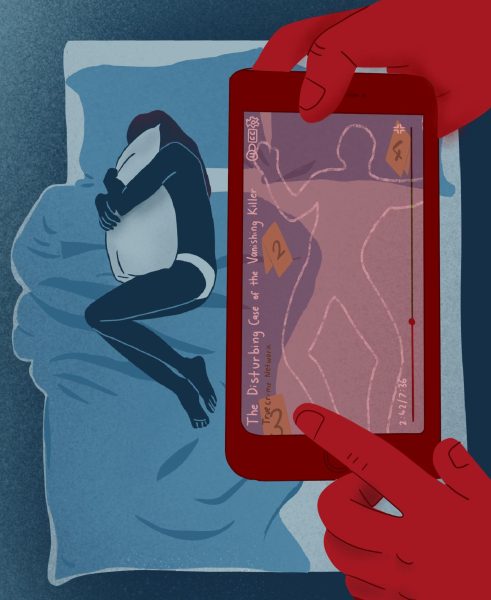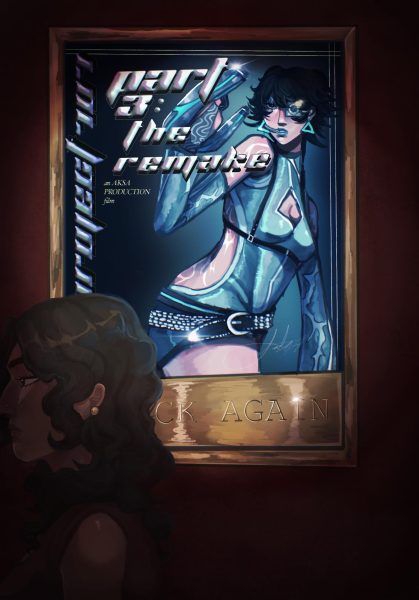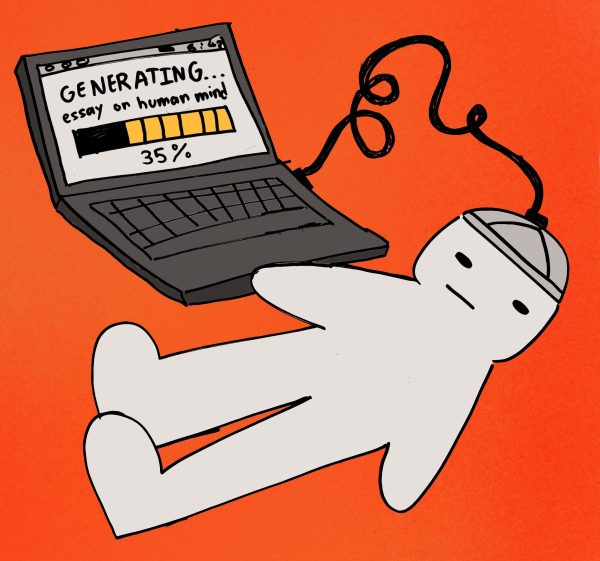Unresolved Epidemic
What I Think: The United States should start treating the cause, not the symptoms.
The United States is the only country in which mass shootings comprise an epidemic, wherein daily tragedies are accompanied by recurring discussions with no resolution. And if we thread the facts carefully, guns are the cause of this epidemic.
Five years ago, on Valentine’s Day, 34 students and teachers were shot during a mass shooting at Marjory Stoneman Douglas High School in Florida. Half of the families lost their loved ones, while the other half survived—but are burdened by the trauma for the rest of their lives. The perpetrator used an AR-15 semiautomatic rifle to kill his victims.
This year, on the eve of Valentine’s Day, three lives were taken and eight were severely injured in yet another mass shooting at Michigan State University in East Lansing. The shooter used two handguns and nine magazines to kill his victims.
“Five years later, we feel like we’ve made some progress [regarding gun safety], and then we were reminded that nothing has changed,” commented Florida lawmaker Representative Jared Moskowitz to GMA3 regarding the MSU mass shooting.
The ownership of guns is rooted in the Second Amendment of the American Constitution, which states: “A well-regulated Militia, being necessary to the security of a free State, the right of the people to keep and bear Arms, shall not be infringed.” When the founding fathers drafted the Constitution, it was necessary for the people to be armed to defend the state from another threat of tyranny.
As remnants of this history, there are only a few laws that regulate gun sales in the country, which vary by state. Only eight states have what are considered the strictest laws. Some require background checks and waiting periods before purchasing guns, while others require applicants to complete training. All 50 states allow gun owners to carry their firearms discreetly—with or without a permit, depending on the state. Meanwhile, 38 states allow gun owners to carry their weapons openly in public, with only seven requiring a permit. There are also states with the most lenient regulations. For example, in Montana, any resident without a criminal record can buy a gun.
The latest regulation update was when President Joe Biden signed a bipartisan gun safety bill into law in June last year. According to ABC News, it includes $750 million to prevent individuals in crisis from owning a gun, enhance background checks for buyers under 21, and ban those convicted of domestic violence in serious dating relationships from gun access, when it previously only applied to married couples. However, the law does not include any universal background checks or a ban on assault weapons and high-capacity magazines—and shootings still persist.
Unlike in the United States, the 35 deaths during the Port Arthur Massacre in 1996 prompted the federal government of Australia to impose the National Firearms Agreement, which restricts the ownership of automatic and semiautomatic rifles and shotguns. They managed to buy back 650,000 firearms back from their citizens within a year. As a result, the number of gun violence subsided in the following years.
Within 11 days after the 2019 mosque mass shooting in Christchurch, New Zealand, the government banned semi-automatic firearms, magazines, and parts that can be used to assemble these. Six months later, the Parliament introduced the Arms Legislation Bill, which tightened controls on firearm usage and possession. It also added a new licensing system of warning flags to show whether one is fit to own a firearm license. This bill also emphasized that gun ownership is an earned privilege that comes with a responsibility. As a result, there have been no mass shootings in New Zealand since the occurrence in Christchurch.
Meanwhile, at the time of publication, the United States has hosted 130 mass shootings this year—when we have barely passed 100 days in 2023. This long line of tragedy is still ongoing, with the most recent mass shooting happening at a private Christian elementary school in Nashville, Tennessee.
Thoughts and prayers, pinning the issue on mental health, revising existing legislation without substantial change and selective banning of highly-specific individuals are all only treating the symptoms. Until the United States is willing to actually treat the cause, will this epidemic ever end?
When she first signed up for her school newspaper in her sophomore year, Aliyah found herself falling in love with journalism. Due to this, she continues...
Staying awake late into the night at the expense of sleep, Diego has always had a great passion for conveying his interpretations and visions through art....

